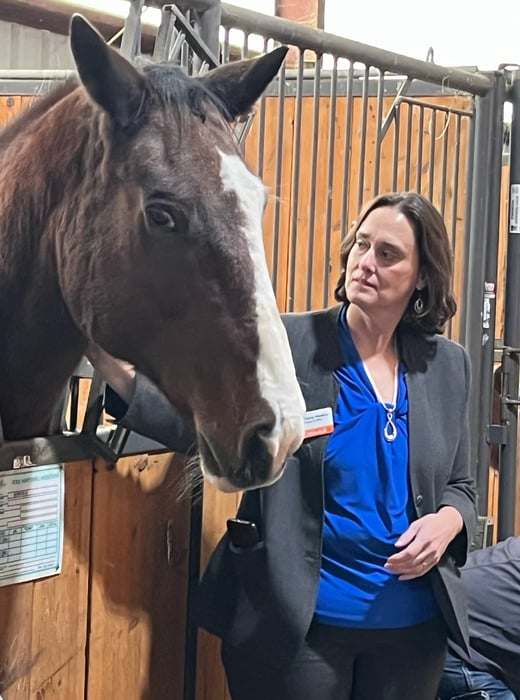The EPIIC A-SPARK (Agriculture and Science Practice and Access for Research-Driven Knowledge) Project will build research and industry partnership capacity at four colleges with degree programs in agriculture and biotechnology. The capacity building efforts will help these colleges work with the biotechnology industry to conduct research and deliver workforce development training programs for biotechnology companies. The colleges will work within their region and with each other across the United States to find common agricultural biotechnology issues and workforce development solutions to build a regionally connected bio-economy. These partnerships will help to ensure that colleges are able to provide students with the latest biotechnology skills so they are prepared for the workforce.
The specific goals of this project are to build institutional research and industry partnership capacity and to create a workforce that will support a regionally connected bioeconomy. The scope of the project across four regions of the United States, each with growing biotechnology industries, will focus on agricultural biotechnology. Institutes for Higher Education (IHEs) in each region of the country will establish sustainable partnership initiatives to conduct outreach to biotechnology industries within their region, culminating in a series of cross-regional summits, ultimately resulting in industry-supported and faculty-led agricultural biotechnology research and workforce development programming. IHEs in the four regions will share industry partners, research ideas and results, and will pursue opportunities to collaborate on grants and projects. This cross-country, multi-institutional, multi-industrial, agricultural biotechnology collaboration has the potential to advance biotech solutions to agricultural issues and to rapidly deploy biotechnological workforce training solutions to emerging agricultural problems.
This award reflects NSF's statutory mission and has been deemed worthy of support through evaluation using the Foundation's intellectual merit and broader impacts review criteria.


